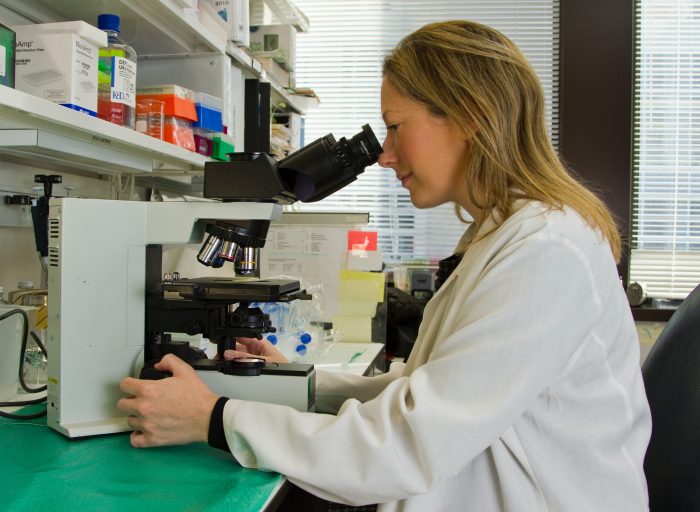School leavers need to have minimum 5 GCSEs at grade 4-9 including English and maths to enter into this field.
There are two routes, the technical route and the education route.
Level 3 T Level in Science followed either by university or a Degree Level Apprenticeship.
A Levels followed by university or a Degree Level Apprenticeship.
Advanced Level Apprenticeship followed by university or a Degree Level Apprenticeship.
Example Routes
Undertake a Lab Technician (Level 3 Apprenticeship) followed by a Technical Scientist (Level 5 Apprenticeship) and finally a Laboratory Scientist (Degree Apprenticeship) –
Leads to work as an Analytical Chemist.
Example
A Level or T Level followed by Laboratory Scientist (Degree Apprenticeship) could then lead to work as an Analytical Chemist.
Example
Lab Technician (Level 3 Apprenticeship) followed by a university degree in Chemistry or Biochemistry. Some universities offer an extended degree which leads directly to a postgraduate degree, for example MChem or MSci. These courses have more independent research and can lead directly into employment.


